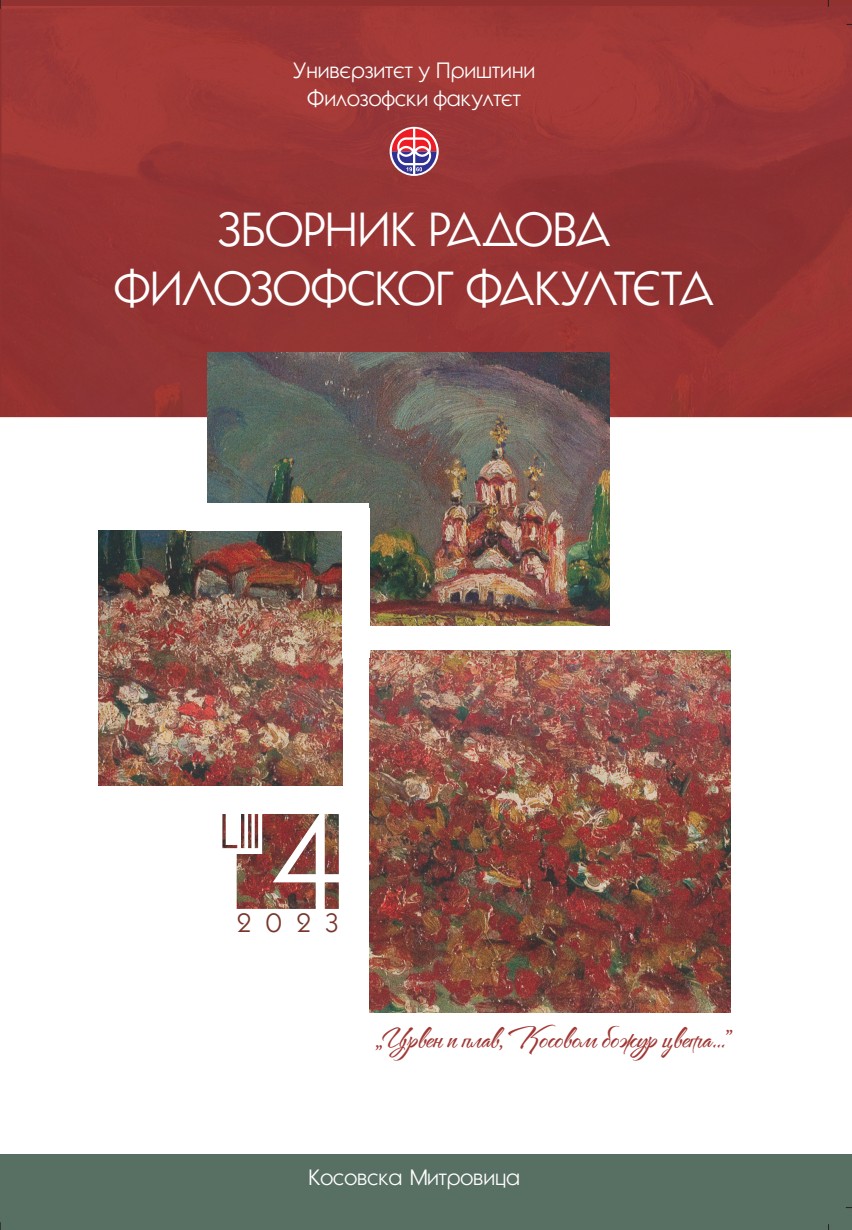Мoдел вишеструких интелигенција у основим и средњим школама у Србији: ставови наставника
Multiple Intelligences Model in Primary and Secondary Schools in Serbia: Teachers’ Attitudes
Author(s): Danijela KulićSubject(s): School education, Pedagogy
Published by: Филозофски факултет, Универзитет у Приштини
Keywords: multiple intelligence; teachers; education; techniques; training.
Summary/Abstract: The Multiple Intelligences model has been well-known worldwide since the 1980s. However, it has not been widely applied in the Serbian educational system despite its benefits, especially in primary education. This model is also referred to as differentiated instruction or modular learning. The aim of the paper is to present the teacher development program on Multiple Intelligences accredited by the Institute for the Improvement of Education (ZUOV no. 694) and the results of the survey administered as the evaluation of the program. The teacher development program aimed at familiarizing teachers with the Theory of Multiple Intelligences, its application to teaching, and the benefits of activating various intelligences in students through diverse teaching activities. In total, 64 teachers underwent the training. The survey mapped the attitudes of 57 teachers in primary and secondary schools from Leskovac and Čačak in three deliveries of the program. The results of the survey reflect positive attitudes among teachers towards the model of multiple intelligences. In general, participants believe that they have learned different ways to improve their teaching practices, primarily through ready-made activities that stimulate each individual intelligence. The majority of teachers (96.49%) believe that the training program is useful for their teaching, while all agreed that the training enabled them to recognize the types of multiple intelligences in themselves and their students. This recognition helped them enrich the existing body of teaching techniques and activities they had used previously.
Journal: Зборник радова Филозофског факултета у Приштини
- Issue Year: 53/2023
- Issue No: 4
- Page Range: 387-407
- Page Count: 21
- Language: Serbian

